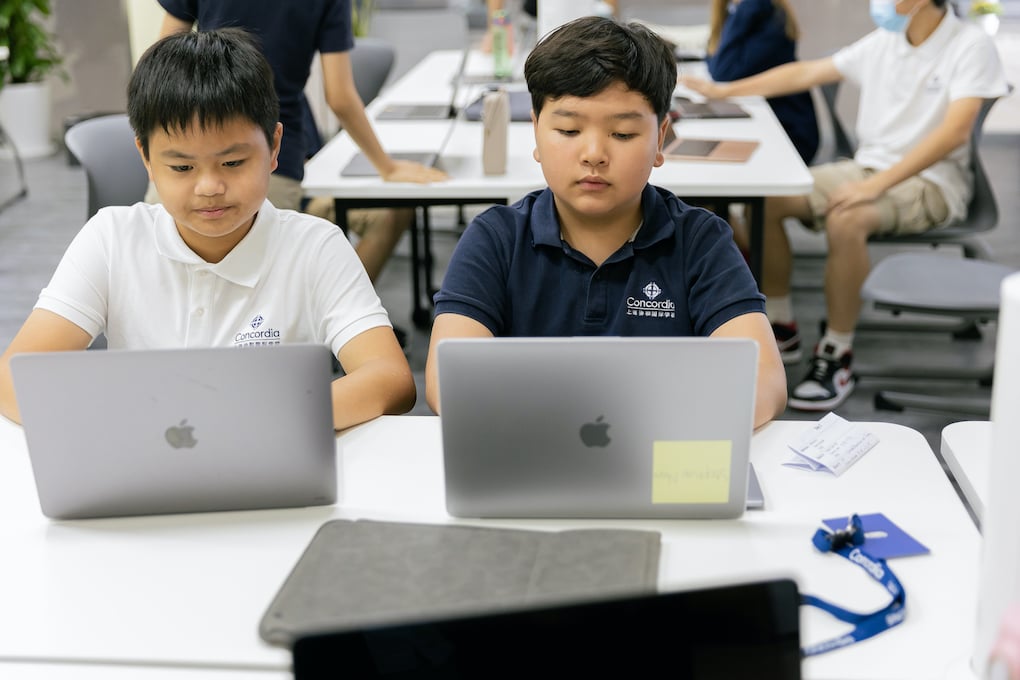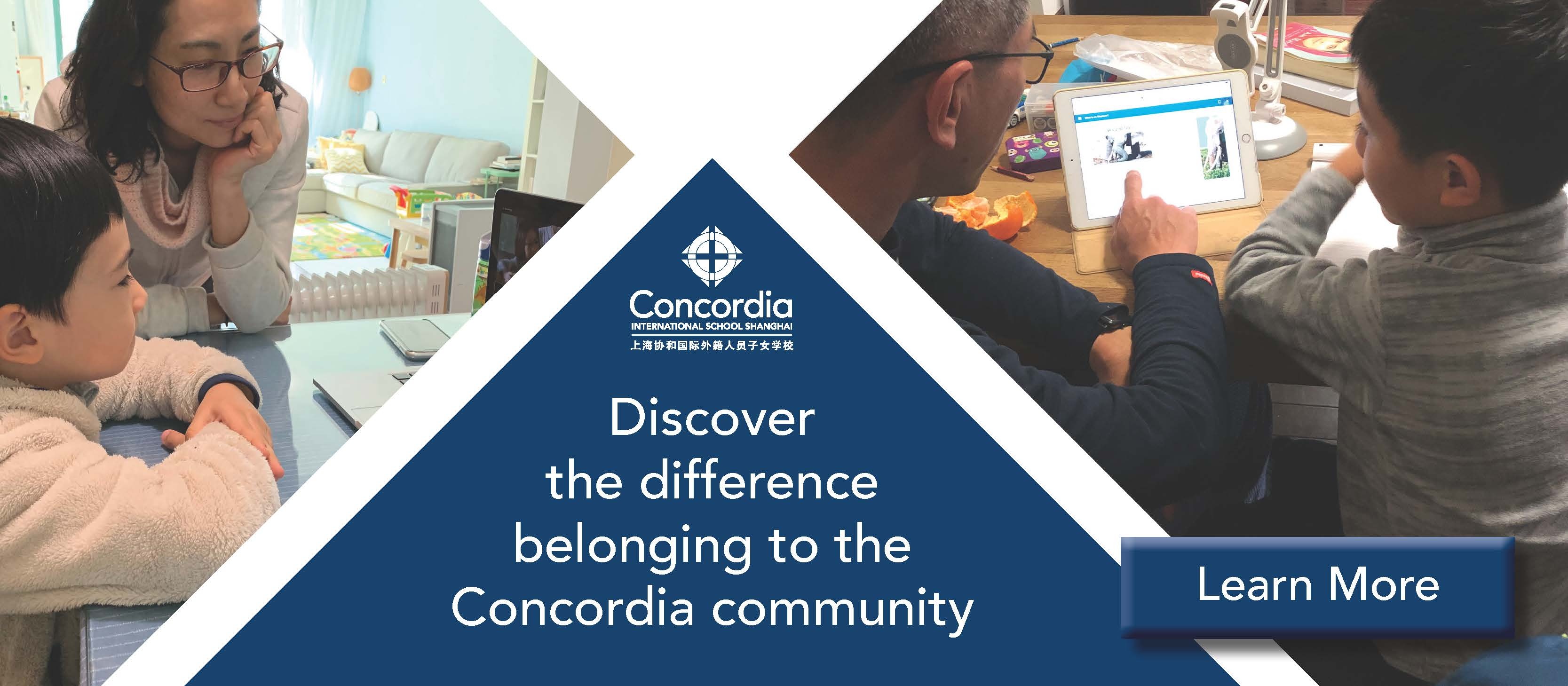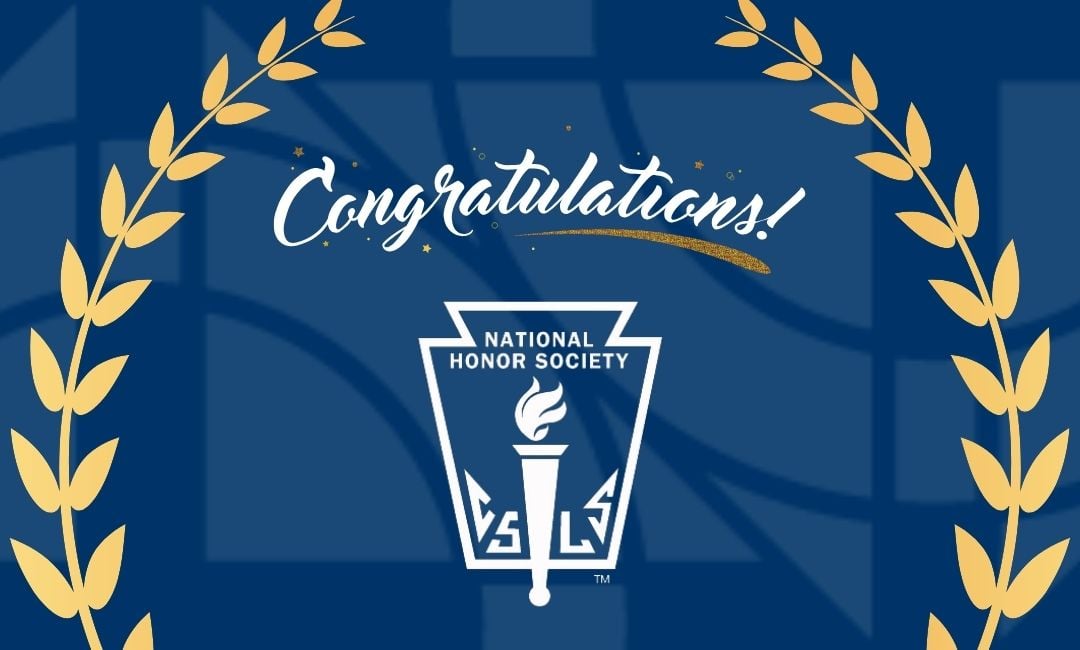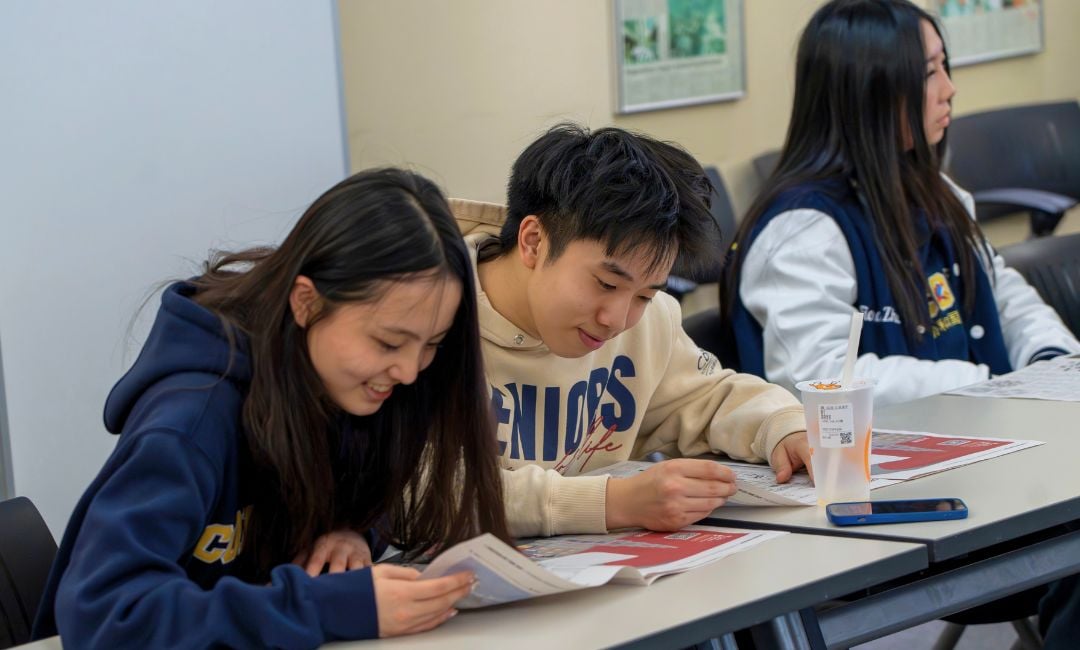For decades, educators and futurists have argued the rate of change will accelerate, and we now know better than ever that living in a state of ambiguity and uncertainty is a skill we must help children face and understand.
Technology is helping us with this by allowing us to remain connected, learn in different ways and adapt to living in our new reality.

Living through a pandemic has advanced both the need for online and distance learning, as well as reemphasized the essentialism of face-to-face learning experiences which are social, authentic, and relevant. While learning from a distance and in-person seem like opposing practices, the current reality is that schools are adapting to offer both of these modalities in order to support student learning and well-being.
Is hybrid the future?
Blended learning has been around for many years, and schools are now beginning to operate in a hybrid modality to meet the changing needs of students and families who live in a global society, as well as prepare students with the skills to be productive and connected during uncertain times.
While technology does not completely transport us through space and time, it can enable learning opportunities, synchronous and asynchronous, from a distance. Schools are becoming increasingly proficient at purposefully designing blended learning experiences for those on campus, while concurrently offering temporary, short-term online learning experiences for students who, for a variety of reasons, are not able to be on campus.
The relevance of applied learning
An equally important part of the puzzle is offering rich, hands-on learning experiences which provide students opportunities to apply skills in real-world scenarios and simulations. Schools who focus on social, applied learning experiences will shine in the age of hybrid learning.
At Concordia International School Shanghai, we find examples of this approach in our High School Applied Learning program. Courses such as Big Data Analytics, which includes utilizing big data analytics to solve practical, real-life problems, and the Epidemiology course, in which students design research studies on the spread of infectious diseases and analyze the resulting data, both provide hands-on experiences that are underpinned by the application of technology.
Students of the future
The next time someone tells you that the future of student learning is entirely online, or alternatively that online learning experiences are not as relevant as face-to-face learning experiences, remind them that advances in technology have highlighted the need for both and that the future of learning is a hybrid. Students of the future need both in order to develop skills for successfully navigating an ambiguous and uncertain world.





